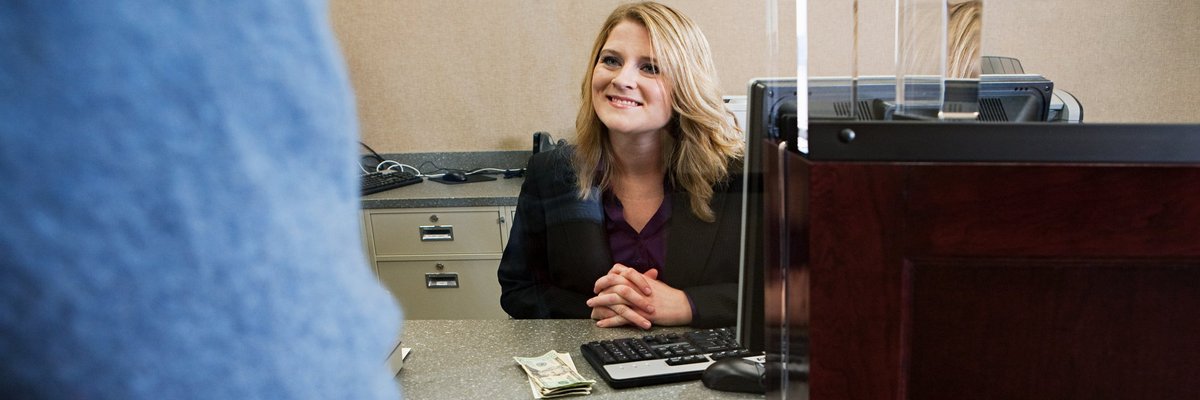If You Withdraw $10,000, the Government Is Going to Know About It. Here's Why

Image source: Getty Images
You might not think twice when you withdraw $10,000 from your bank account. But whether it's a big deal for you or not, the federal government is going to find out about it.
Here's what happens when you withdraw $10,000 or more from your bank account -- plus why the government knows when you do.
Big transactions are automatically reported
According to federal law, financial institutions must file a Currency Transaction Report (CTR) for any cash withdrawal or deposit over $10,000. That report is sent to the Financial Crimes Enforcement Network (FinCEN), a bureau of the U.S. Department of the Treasury.
The report includes info like your name, account details, transaction amount, and how the money was taken out or deposited -- whether it was cash, check, or something else. The goal here is to prevent money laundering, fraud, and organized crime.
A CTR is shared with several agencies, including the IRS. You shouldn't consider that a big deal if you're not breaking the law, but it could lead the IRS to take a closer look at your finances.
Don't try and game the system
You might think you can avoid a CTR by withdrawing $5,000 today and $5,000 tomorrow. Bad idea. If you try and find a workaround, your bank might file a Suspicious Activity Report (SAR) for withdrawals under $10,000 if they see something fishy.
One of the big reasons people withdraw money is to invest it elsewhere. But did you know there's a better way to earn while keeping your money in a bank account?
Right now, top high-yield savings accounts are offering APYs of 4.00% or more, which means you could be earning $400 a year in interest on your $10,000.
Bottom line: Be transparent with your money moves
Withdrawing $10,000 from a bank account isn't illegal or even uncommon. But it also doesn't happen without a few government bodies taking notice.
If you do need to take out a big sum, it's better to do it all at once. If anyone asks what it's for, be honest. There's nothing wrong with accessing your cash, but transparency is key.
And as long as you're not breaking the law, you won't have any reason to worry.
Want to earn more on your savings today? See our full list of the best high-yield savings accounts to earn 4.00% APY or higher.
Our Research Expert
Motley Fool Stock Disclosures
The Motley Fool has a disclosure policy.



